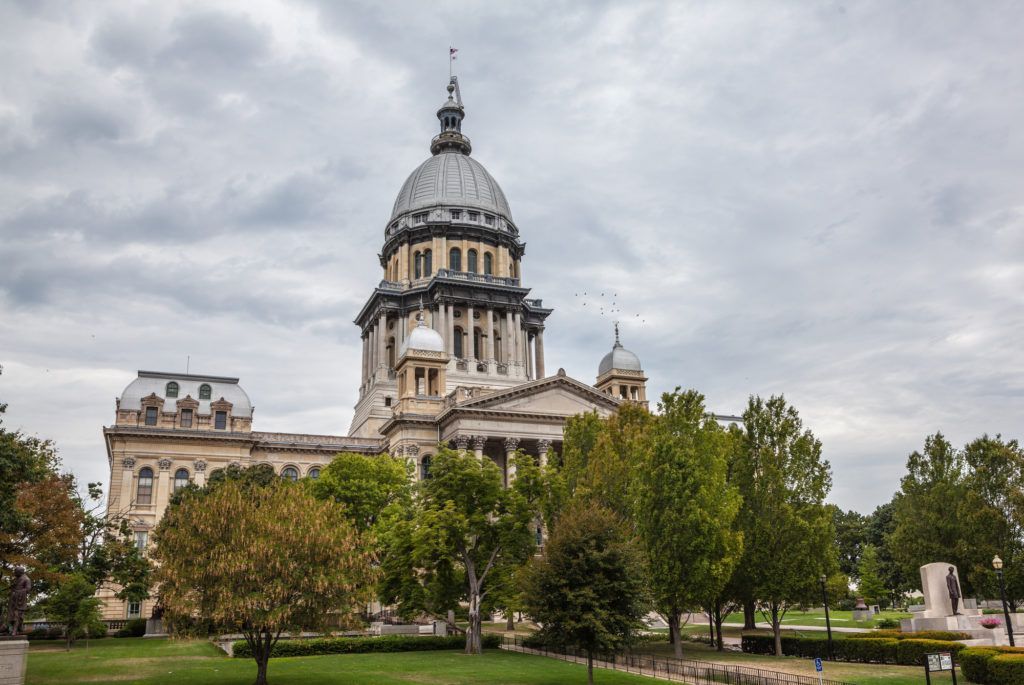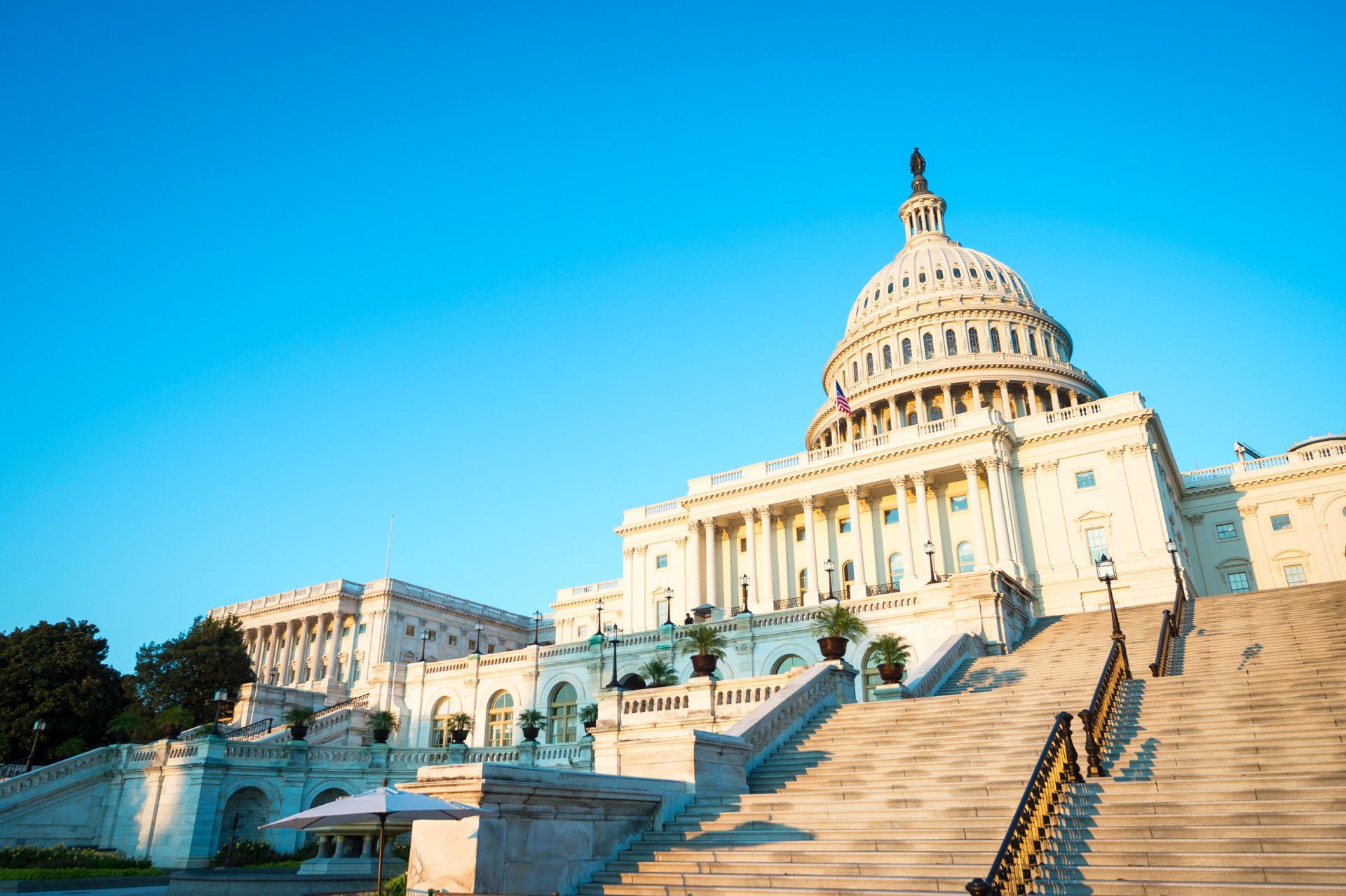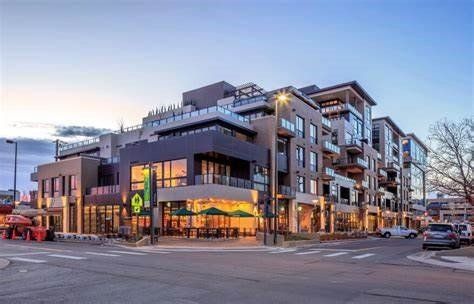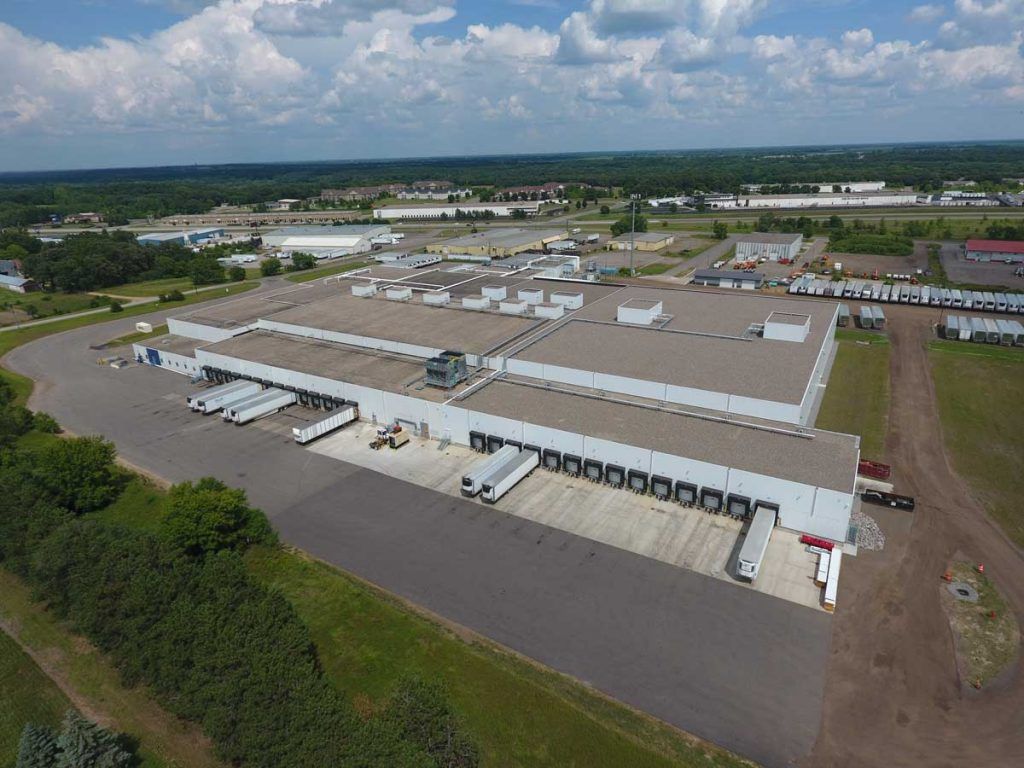
Vacant Office Space Alternatives
Commercial Real Estate Conversion Options
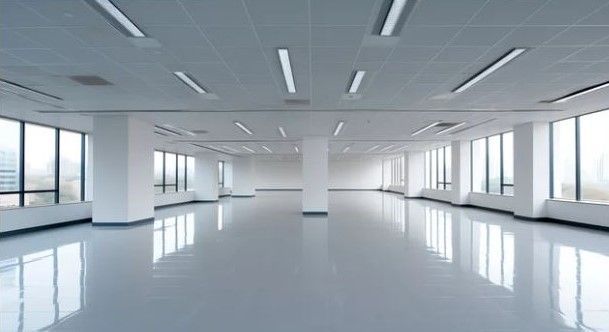
High-rise office buildings once filled with employees now sit empty at nearly 19%, 5% higher than before the pandemic. Half of the biggest global companies indicate they will need less real estate within the next three years. According to the US Chamber of Commerce, approximately 60% of companies are operating within a model by which some employees work remotely and other are in the office. 20% are adopting a fully remote work option, and the other 20% of companies requiring in-office attendance full-time So, with many of these companies offering such options to their employees, what are the landlords doing with these vacant office spaces.
The results are varied if not creative as brokers and owners try to fill up office spaces once fully occupied by workers, staff, and employees. For example, empty offices in Washington DC have been turned into residential housing which has helped the growing need in the housing market, but this is still utilizing less than 1% of the empty office spaces in the area. Arlington, Virginia's vacancy rate sits at 22%, promoting revisions of city zoning to accommodate more uses for these vacant buildings. Other places like New Jersey and even some communities in the Chicagoland area are utilizing old strip malls to open indoor facilities, like pickle ball.
Agricultural use is another option for commercial real estate conversion options for vacant office space. Office spaces already deliver an ideal environment for growing food, since they are already air conditioned, heated and well ventilated. Not many modifications have to be made to the buildings themselves. Turning offices into vertical farms, especially in urban agriculture venues, which allows edible plants to be grown inside rather than in fields, is another alternative for commercial real estate landlords.
Neighbor Storage, a Salt Lake City-based business, has found new business as commercial real estate owners search for other uses for their vacant office space. Neighbor Storage, which normally assists individuals in finding self-storage options, has uncovered a market for storage in extra commercial real estate spaces, such as offices. They have grown from helping people rent out their unused garage space to working with commercial real estate landlords looking to leverage their empty office floors.
SL Green Realty Corporation, a large commercial landlord in New York is working with Backlot, a company that connects landlords with film and television companies to utilize these vacant buildings. The use of Backlot has helped it earn 3 million dollars from both film and television shoots and generate an alternate revenue stream from these vacant buildings.
Industrial developers often seek to down office campuses and to build logistics and distribution centers. This resolution comes after the firms had spent millions of dollars trying to renovate the office building. More than 15 million square feet of offices across the U.S. have conversed into industrial use — a 33.7% increase over two years, according to Connected Real Estate Magazine. The U.S. industrial property vacancy average was 3.8% compared to nearly 19% for office properties. Of the nearly 15 million square foot conversion dedicated for storage, very few entailed repurposing buildings that were originally offices. Recent efforts to convert office spaces into large distribution facilities have been met with community resistance from neighbors.
Some commercial real estate landlords remained hesitant to convert their office spaces into something else, believing their tenants will return at some point, but after three years they are beginning to accept the shift to hybrid and remote work may be permanent. Noting that while the possibility of tenants returning to office spaces is highly likely, it will not be at the same scale and other uses will be considered to fill empty spaces and buildings.

CONTACT US TODAY
Contact Us
We will get back to you as soon as possible.
Please try again later.
LOCATION
570 Lake Cook Road, Unit 119
Deerfield, IL 60015
Shapiro & Associates Law | All Rights Reserved |
Created by Olive + Ash.
Managed by Olive Street Design.

